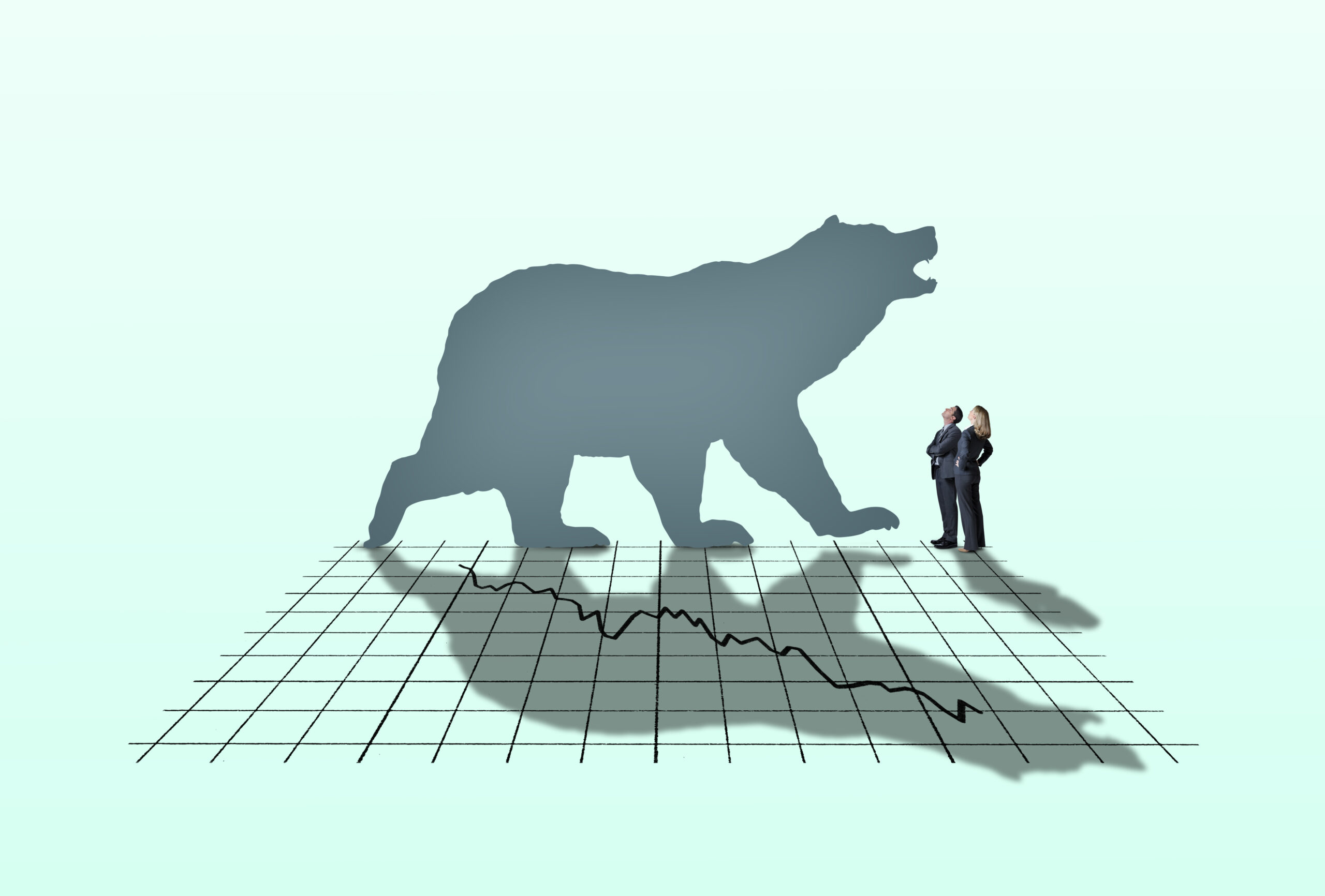The last couple of years have been strong for the stock market, with the S&P 500 (^GSPC -0.00%) surging by just over 70% since late 2022, as of this writing.
However, no bull market can last forever, and the market will inevitably take a turn for the worse. Just over 30% of U.S. investors are pessimistic about the market’s six-month future, according to a December 2024 survey from the American Association of Individual Investors.
Additionally, the Federal Reserve Bank of New York estimates that there’s a 34% chance that a recession will begin in the next 12 months, as of December 2024.
While that can be alarming for some investors, there’s good news and not-so-good news about the future of the market, according to history.
Image source: Getty Images.
Why you may want to be careful heading into 2025
It’s tempting to try to figure out where the market is headed and adjust your investments accordingly. After all, if you can sell your stocks at peak prices right before the market falls, you could make a hefty profit.
However, if history shows us anything, it’s that nobody can predict exactly where the market is headed in the short term. And if you buy or sell at the wrong time, it could be costly.
For example, in June 2023, analysts at Deutsche Bank warned that there was a “near 100%” probability that a recession would begin as soon as October of that year. Chief economist David Folkerts-Landau even went so far as to claim that “avoiding a hard landing would be historically unprecedented.”
Yet, since that report was released, the S&P 500 has soared by more than 44%. If you had sold your investments after that warning last summer, you’d have missed out on some substantial gains.

^SPX data by YCharts.
This isn’t to say that these experts aren’t skilled at making predictions. Rather, it demonstrates just how unpredictable the market can be. Many economists and financial professionals have been warning that a recession is imminent, and yet the market has been thriving for over two years now.
Of course, that doesn’t necessarily mean that a recession isn’t right around the corner. But the market’s unpredictable nature makes it much more difficult to gauge when the next downturn will begin, which can make times like these even more anxiety-inducing for some investors.
There’s a major silver lining for investors
Nobody can say for certain where the market will be in 2025. But the good news is that with a long-term outlook, it’s much easier than you might think to protect your investments — even if we face a recession or market crash.
If stocks take a turn for the worse, your portfolio could lose value in the short term. But losing value is not necessarily the same as losing money. As long as you stay in the market until stock prices recover, you’ll likely regain any lost value and end up back where you started.
For example, say you invested in an S&P 500 index fund in January 2022, immediately before the market began its descent that would last until October of that year. If you had panicked and sold your investments in, say, March, you’d have locked in losses of close to 10% — even though the worst of the downturn was yet to come.

^SPX data by YCharts.
On the other hand, say that you simply held your investments throughout that entire market slump. By today, you’d have earned gains of nearly 28%.

^SPX data by YCharts.
Timing the market effectively is next to impossible, even for the experts. But time in the market is far more valuable, and by holding your investments through any periods of volatility, it’s much more likely you’ll come out the other side unscathed.
It’s unclear where the market is headed in 2025, and we may or may not face a recession or a bear market. But no matter what happens, investing in solid stocks and holding them for the long term can protect your savings and significantly reduce your risk.
Katie Brockman has no position in any of the stocks mentioned. The Motley Fool has no position in any of the stocks mentioned. The Motley Fool has a disclosure policy.

